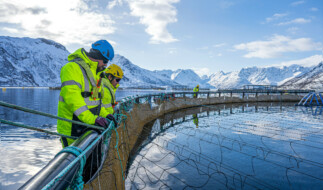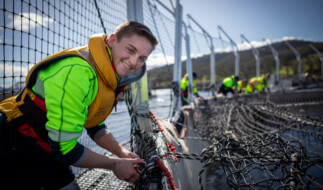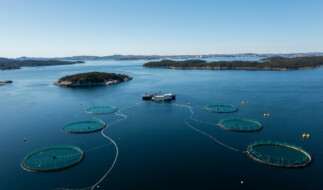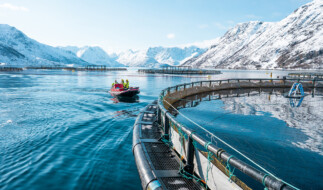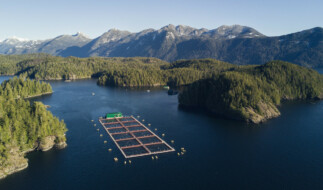How does aquaculture support the United Nations Sustainable Development Goals (SDGs)? Turns out, quite a bit! A recent FAO thematic review found that aquaculture supports all 17 SDGs.
GSI's Commitment to Sustainable Development Goals
The Sustainable Development Goals (SDGs) are a universal call to action to end poverty, protect the planet, and ensure that all people enjoy peace and prosperity, established by the United Nations (UN) as part of their 2030 agenda for Sustainable Development. Seventeen goals were developed with the aim of creating a sustainable life for future generations, with specific targets set to be achieved.
Science shows that aquaculture, in all its diversity, makes important contributions toward achieving the SDGs, and can increasingly do so in the future. Aquaculture touches on many if not all the SDGs, but has a significant role in:
- Eliminating hunger & improving health
- Increasing environmental sustainability of oceans, water, climate, and land through responsible production and consumption
- Reducing poverty, achieving gender equality, & improving livelihoods
Meeting the 2030 agenda will be challenging, and as a society we are already falling behind on our goals. But within GSI, we believe aquaculture can be part of the solutions in making progress towards the SDGs, which is why we have set out our commitment to utilize partnership, innovation and harmonized approaches to support progress towards the SDGs.
Our GSI commitment to the SDGs
SDG 14 is a call to conserve and sustainably use the oceans, seas and marine resources as part of global sustainable development. The oceans can provide a healthy food source for millions of people around the world, yet this will only be possible if we reduce overfishing, conserve ocean biodiversity, and farm fish responsibly. As this is the foundation to our work as salmon farmers, we have chosen to focus our SDG commitment on SDG 14.
Here is how GSI supports SDG 14 and is committed to acting as responsible ocean stewards:
- Utilize GSI’s model of pre-competitive collaboration to promote accelerated improvements in responsible aquaculture
- Transparently report on environmental and social performance via GSI’s annual industry-wide Sustainability Report
- Drive industry innovation through continued partnerships and sharing of expertise
- Share knowledge and insights from salmon farming to developing aquaculture sectors to accelerate improvements and support aquaculture as a sustainable food source, and positive contributor to local communities and economies
How GSI aligns with the broader SDGs
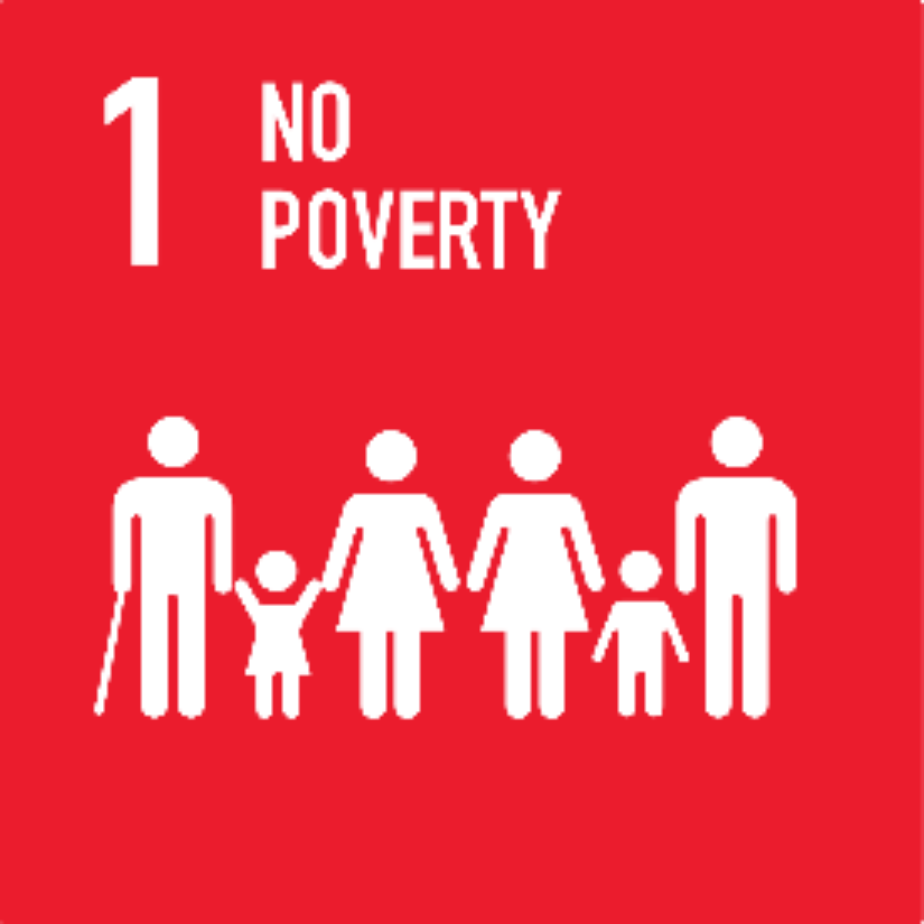
SDG1 - No Poverty
Salmon farming, especially in rural coastal communities, provides socio-economic contributions that can reduce poverty and support local economies.
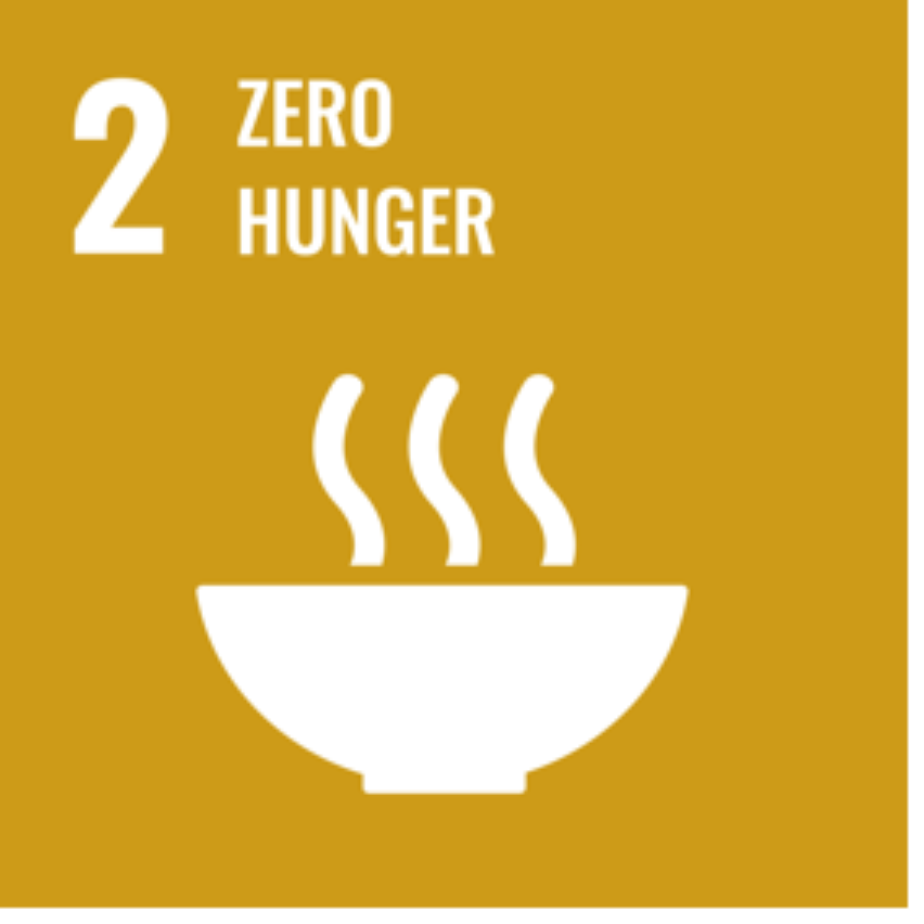
SDG 2 - Zero Hunger
As the world’s fastest growing food sector, aquaculture plays an essential role in food security. GSI members share knowledge and insights from salmon farming to developing regions to accelerate improvements and support aquaculture as a healthy and sustainable food source.
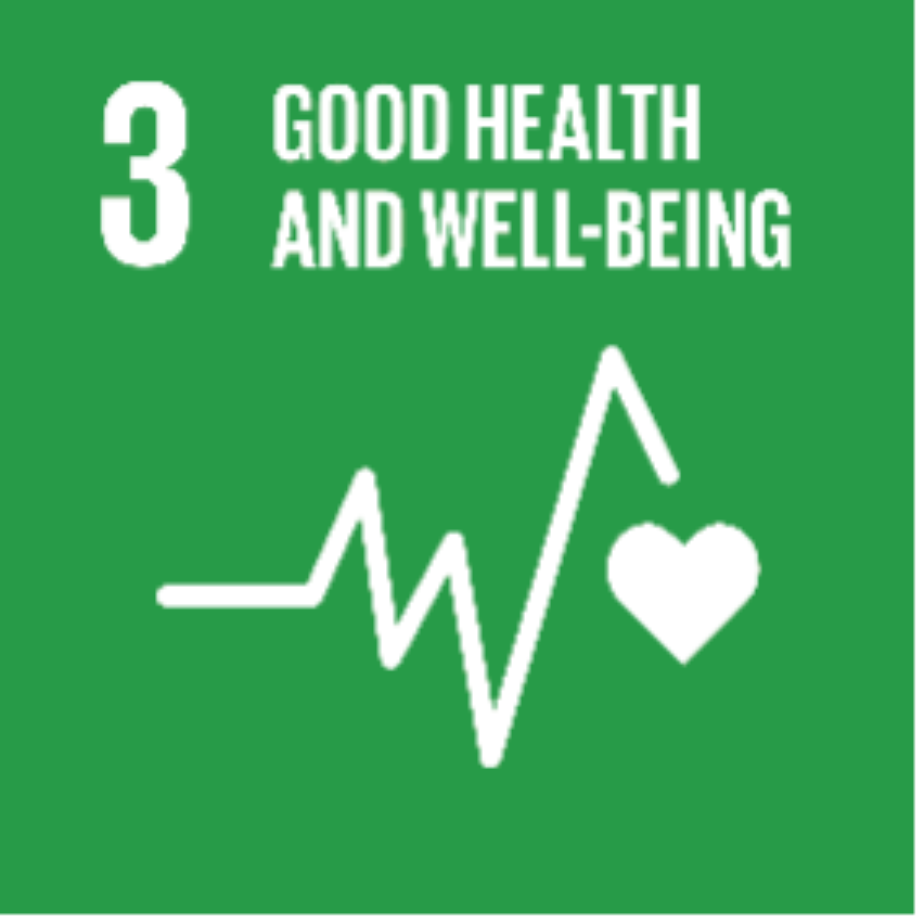
SDG 3 – Good health and well-being
Farmed salmon is a nutrient-rich whole food, providing vitamins, minerals and protein as well as omega-3 fatty acids which supports healthy diets.
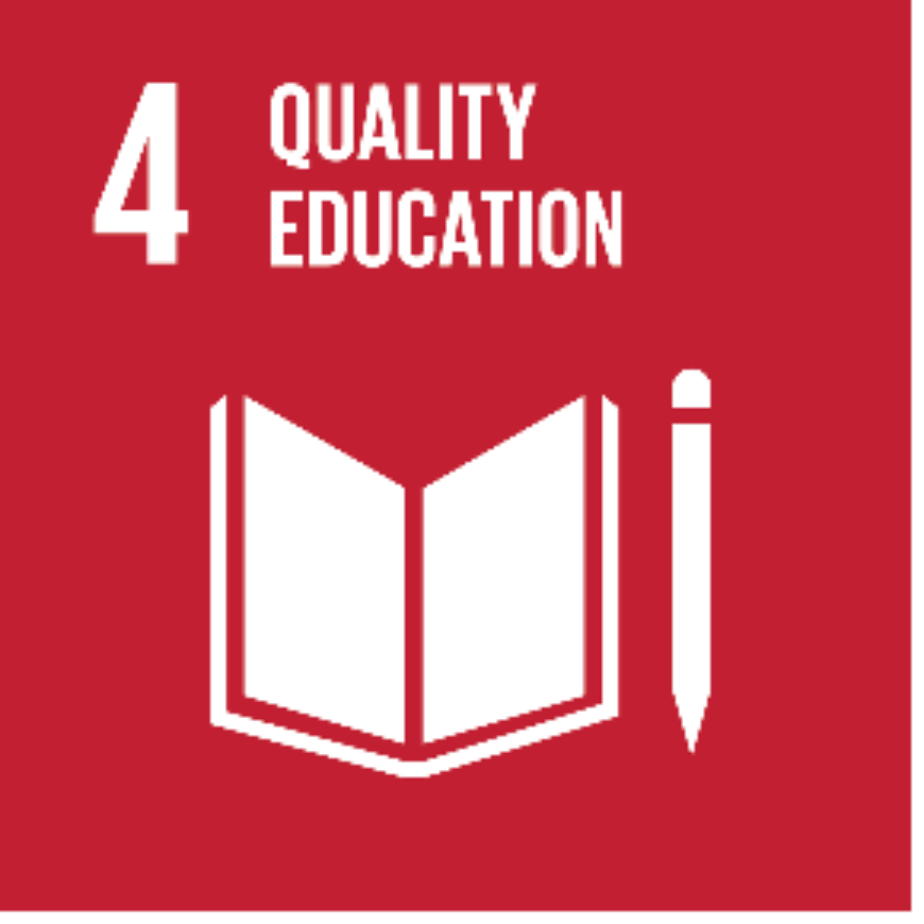
SDG 4 – Quality education
As a rapidly developing sector, GSI member companies support the next generation of ocean farmers by sharing knowledge and expertise on aquaculture operations, as well as practical skills across a variety of associated fields.
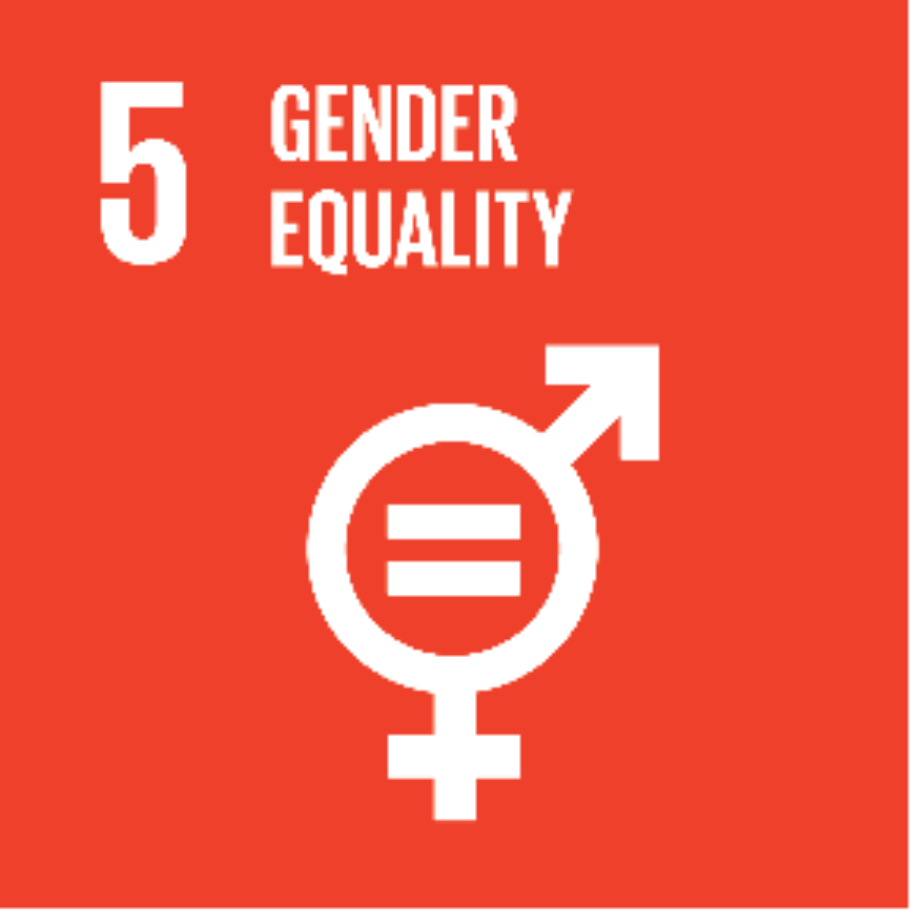
SDG 5 – Gender equality
GSI members continuously work to provide equal leadership opportunities for women at all levels. We use our platforms to amplify women’s voices and visions for the future of aquaculture.
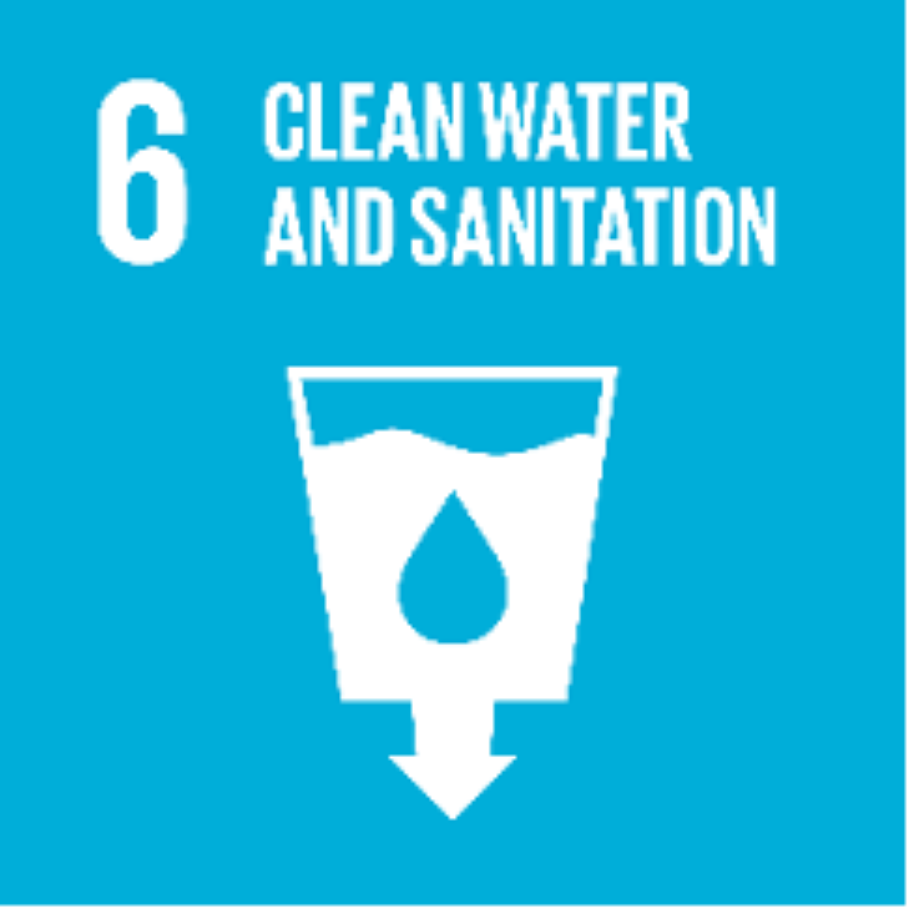
SDG 6 – Clean water and sanitation
A healthy environment is essential for healthy fish, and our farmers are committed to minimizing the impact of their operations to promote clean, healthy waters.
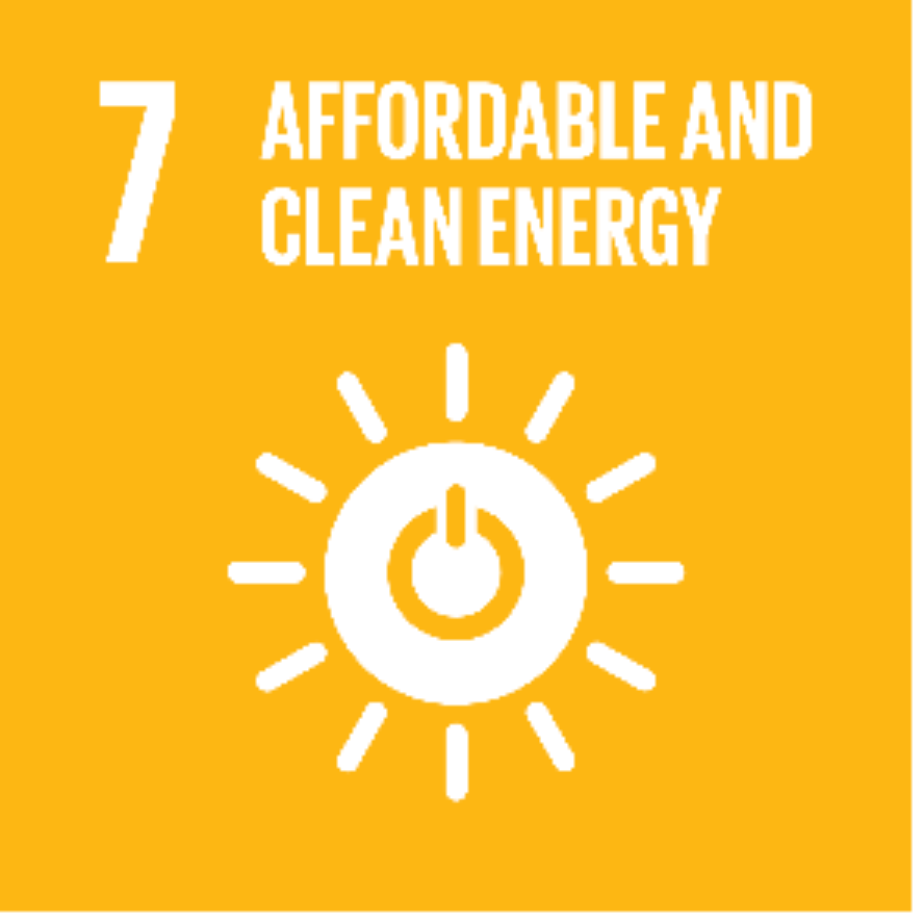
SDG 7 – Affordable and clean energy
The opportunities for and use of renewable energy has increased across the farmed salmon sector. GSI members have developed renewable energy sources from the outputs of farming operations, such as waste products.
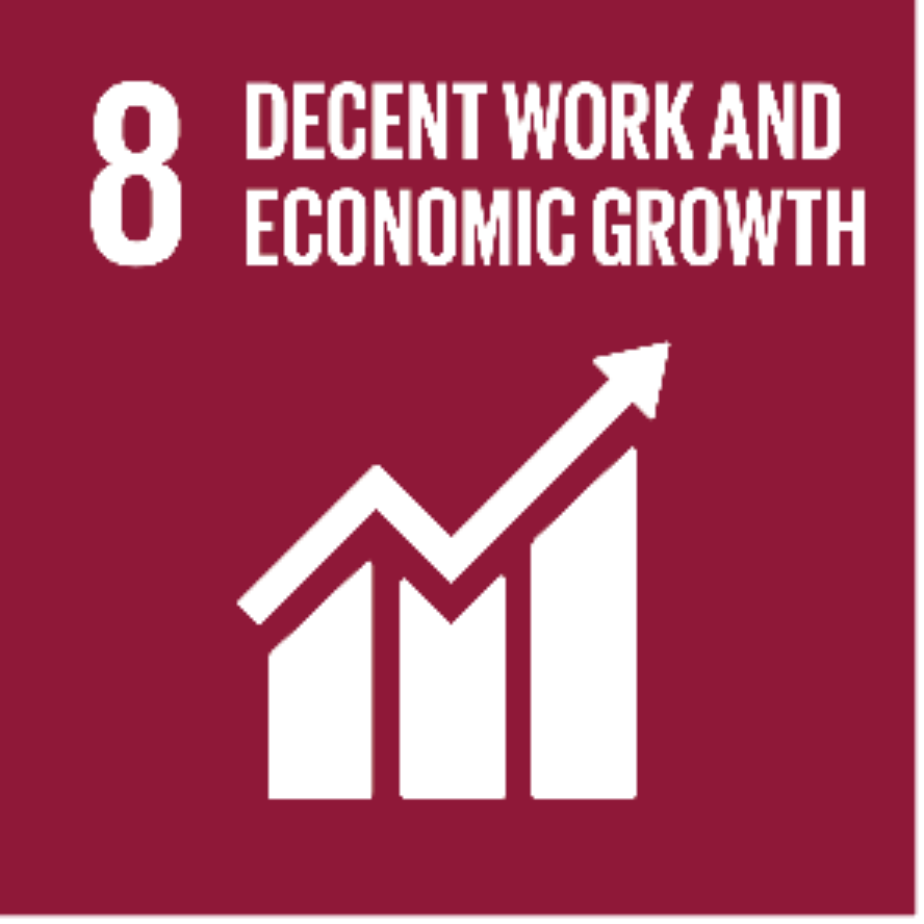
SDG 8 – Decent work and economic growth
Collectively, GSI members alone employ over 23,000 full-time employees and have high standards for occupational health and safety in line with global benchmarking schemes.
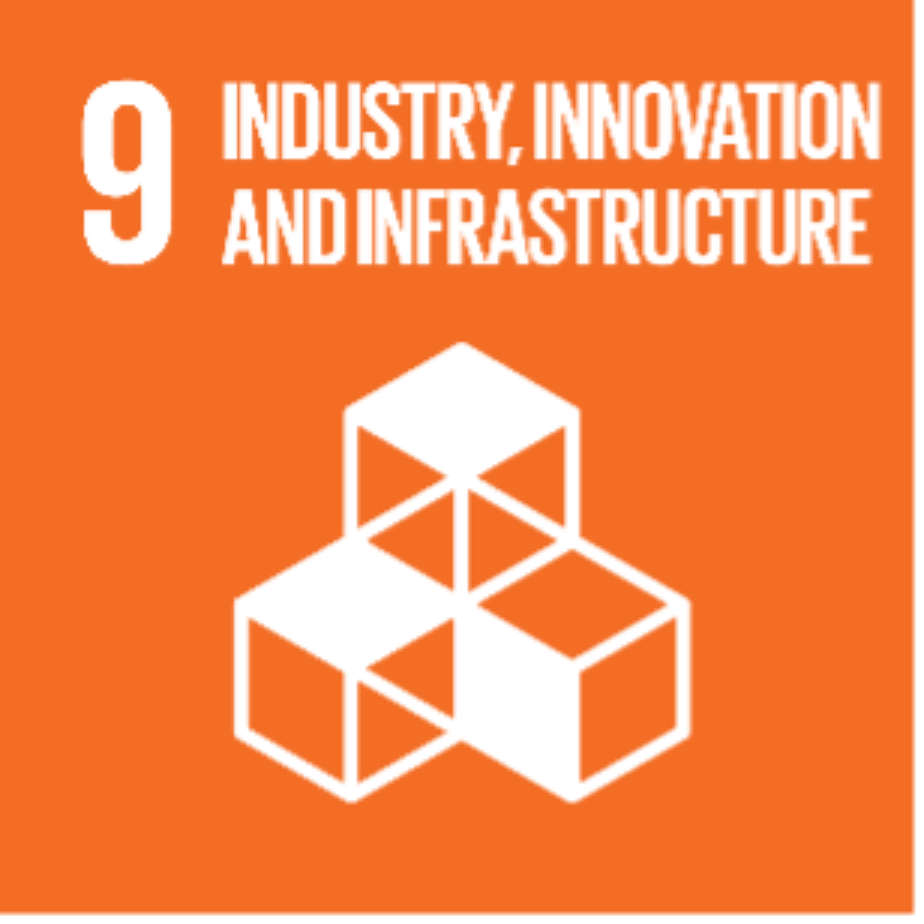
SDG 9 – Industry, innovation and infrastructure
GSI members are committed to implementing innovation solutions and technological developments that help support a sustainable supply chain and more resilient global food system.
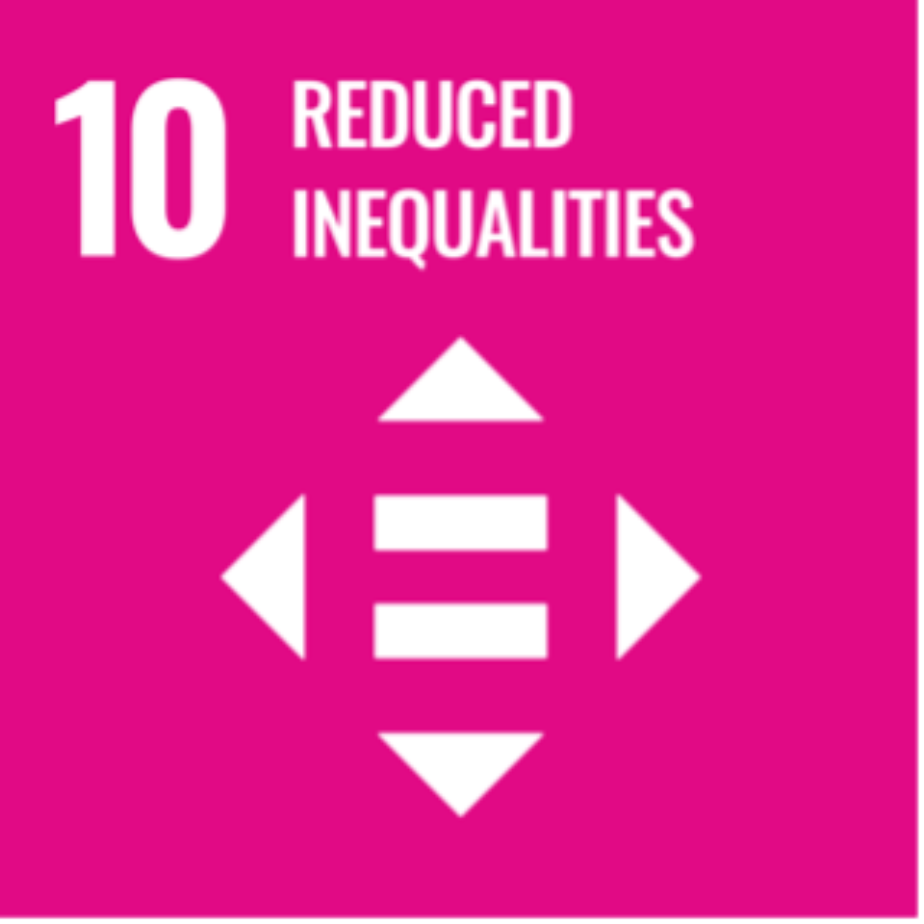
SDG 10 - Reduced inequalities
GSI members work in partnership with a variety of stakeholders to support the development of local communities through opportunities in sustainable aquaculture.
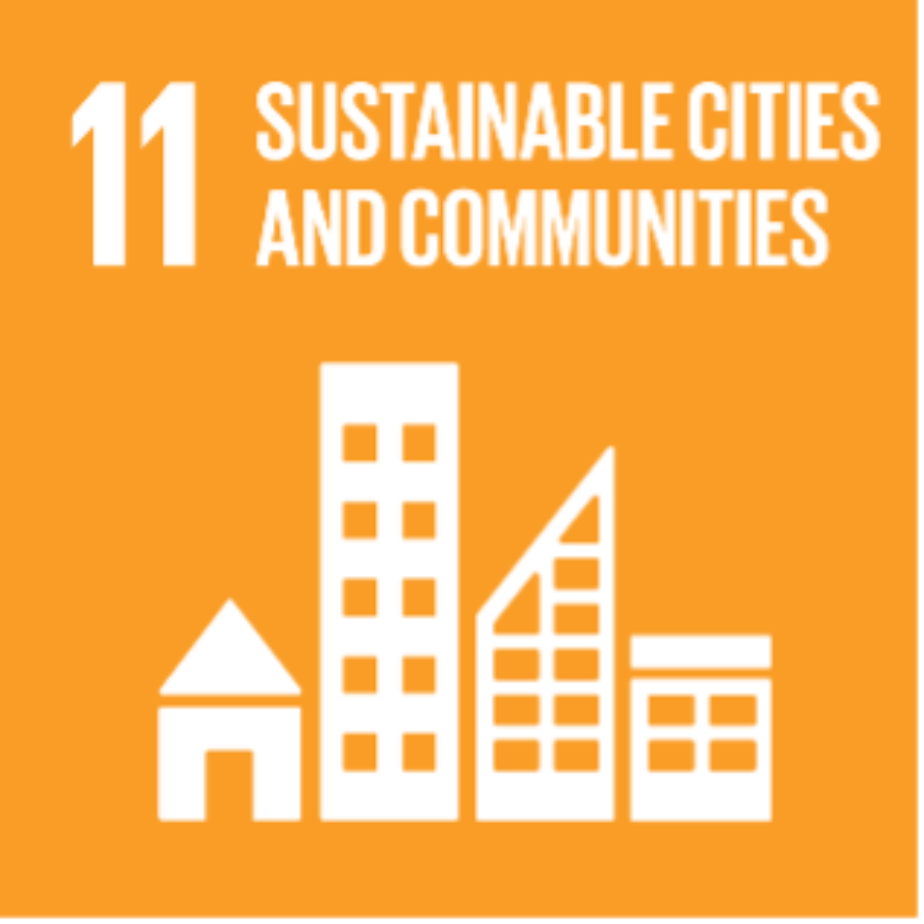
SDG 11 – Sustainable cities and communities
Aquaculture development has contributed to sustainable community development and improved sustainability in food choices.
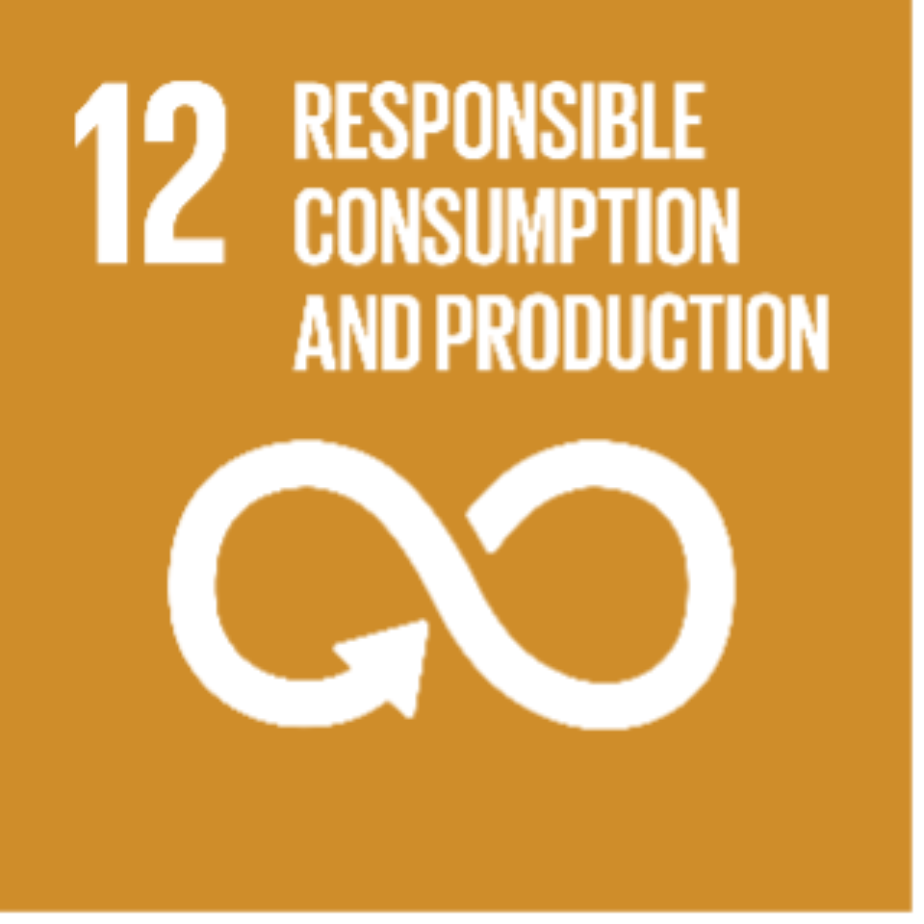
SDG 12 – Responsible consumption and production
GSI members apply circular economy approaches to improve resource efficiency and reduce waste, and report annually on environmental and social indicators to increase the transparency of operations.
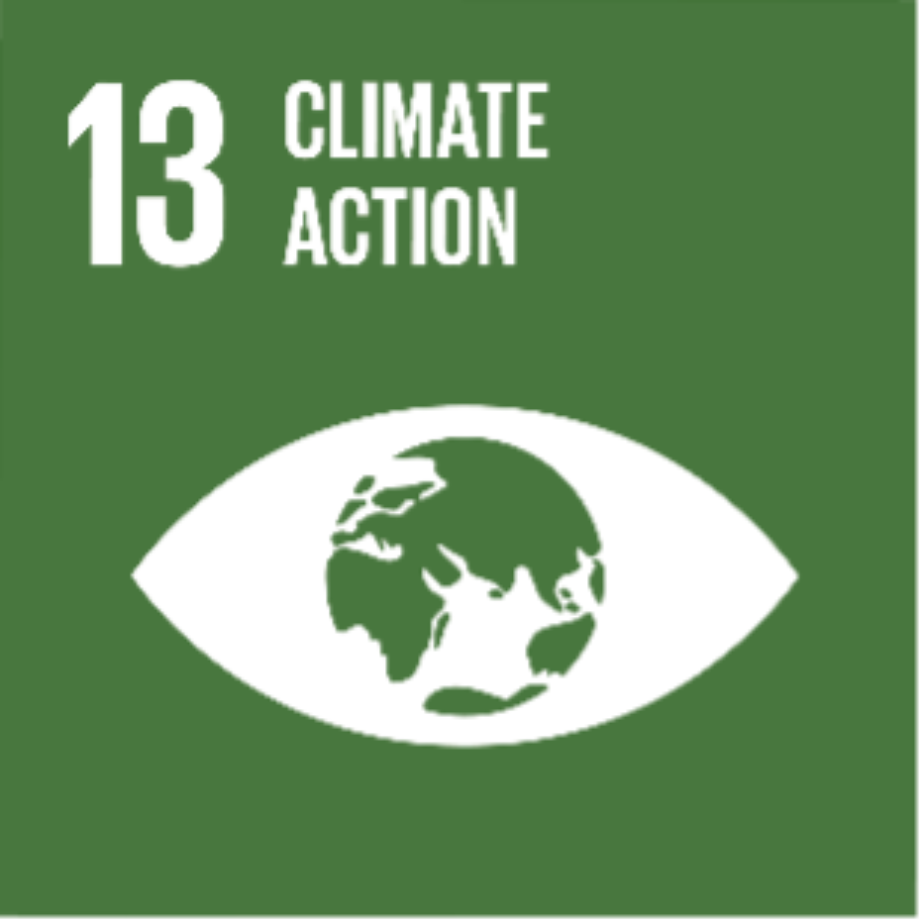
SDG 13 – Climate action
GSI members are committed to reducing their climate impact and ensuring salmon farming remains one of the most climate-efficient protein sources.
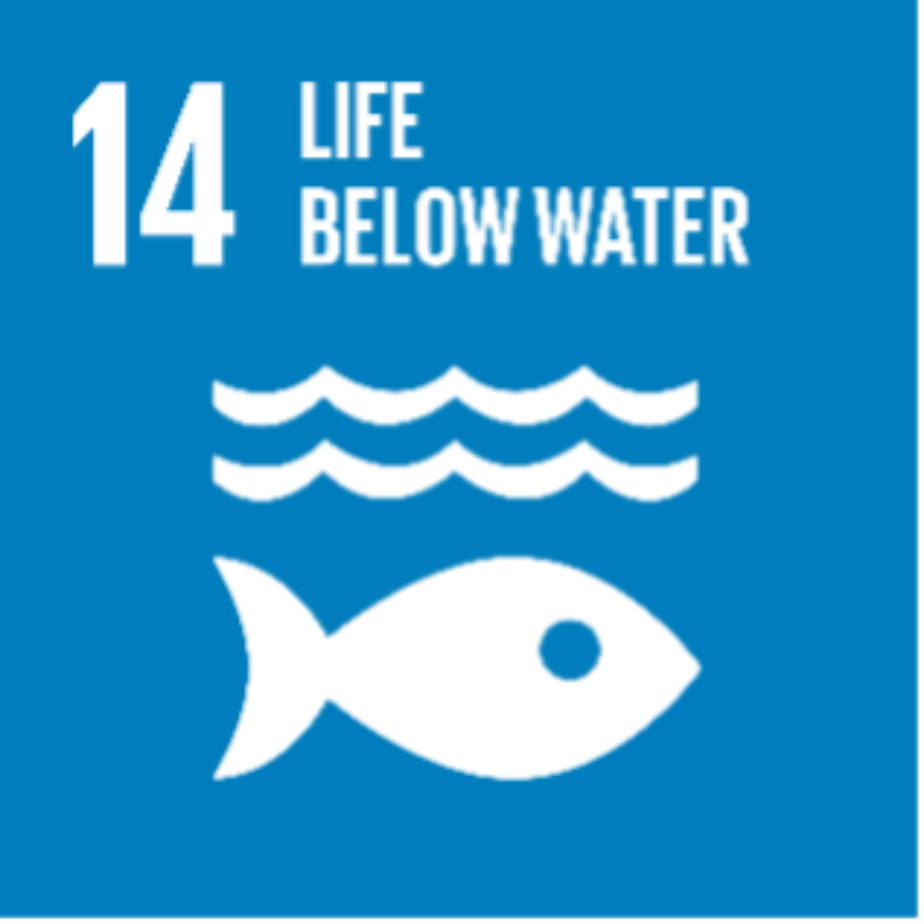
SDG 14 – Life below water
As ocean farmers, the ocean wellbeing is of critical importance to us professionally and personally. Which is why we make every effort to protect, sustain and maximize ocean resources.
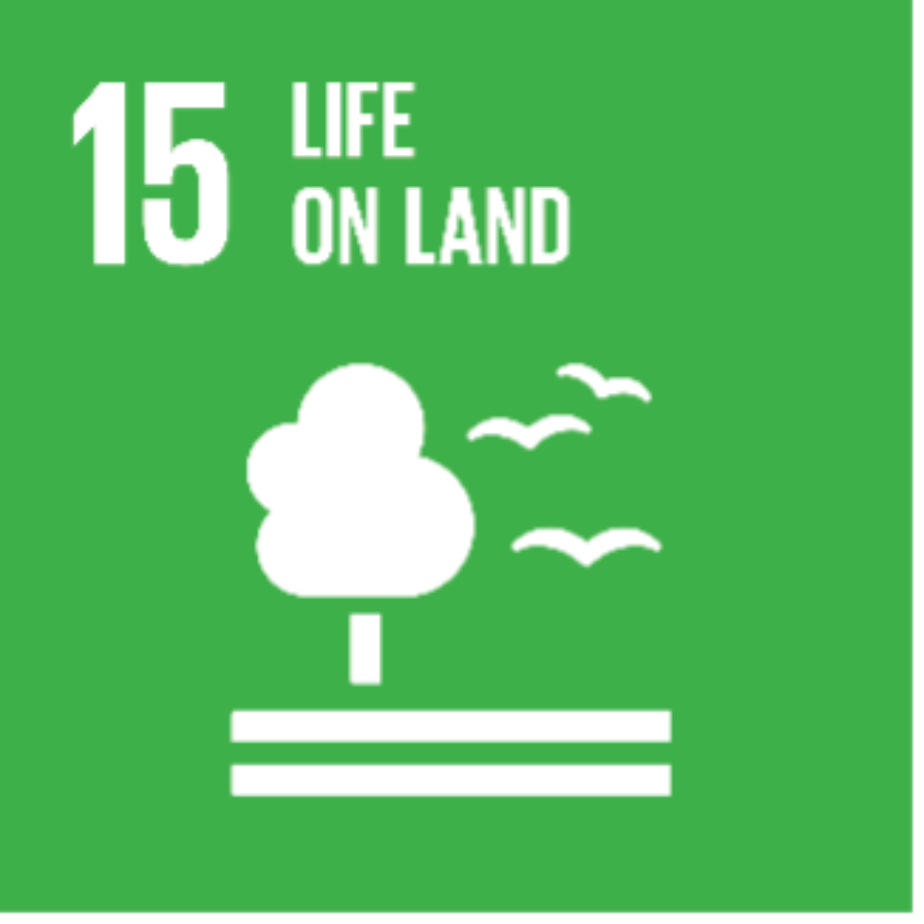
SDG 15 – Life on land
To ensure sustainable and responsible sourcing of soy, GSI members support and participate in initiatives around the world to help combat deforestation and purchase Round Table of Responsible Soy, ProTerra or equivalently certified products.
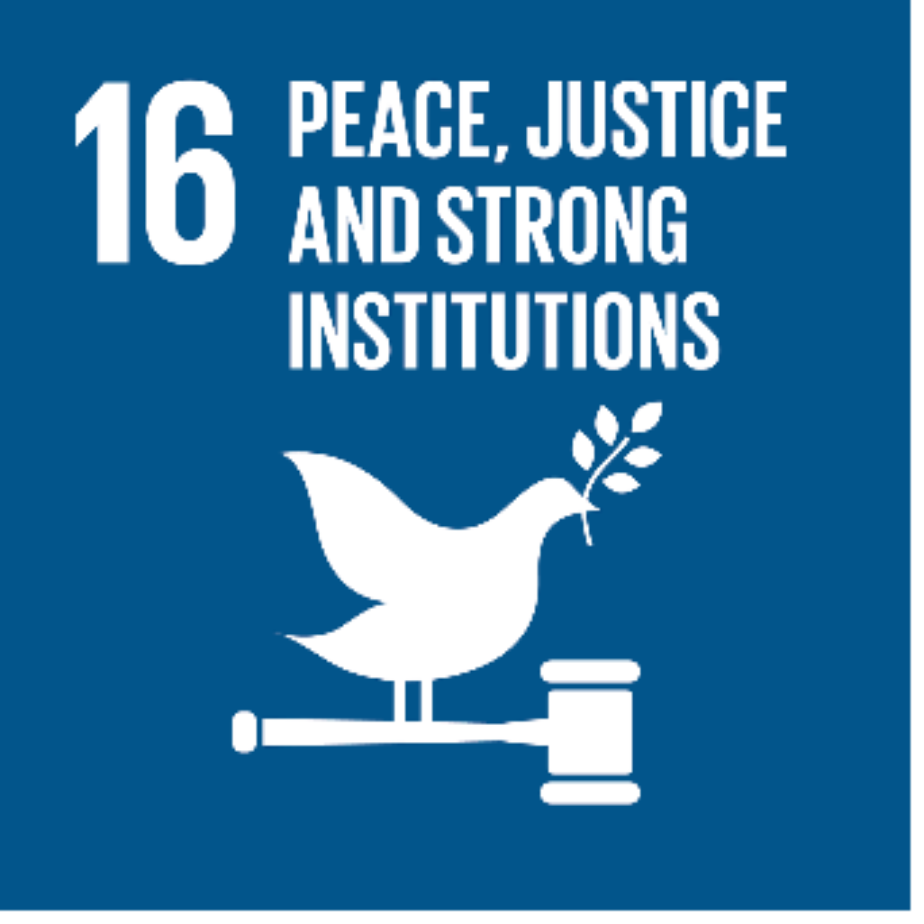
SDG 16 – Peace, justice and strong institutions
Through collaboration within GSI and with our suppliers and partners, we strive to support in developing a more sustainable, healthy and equitable food system to benefit all.
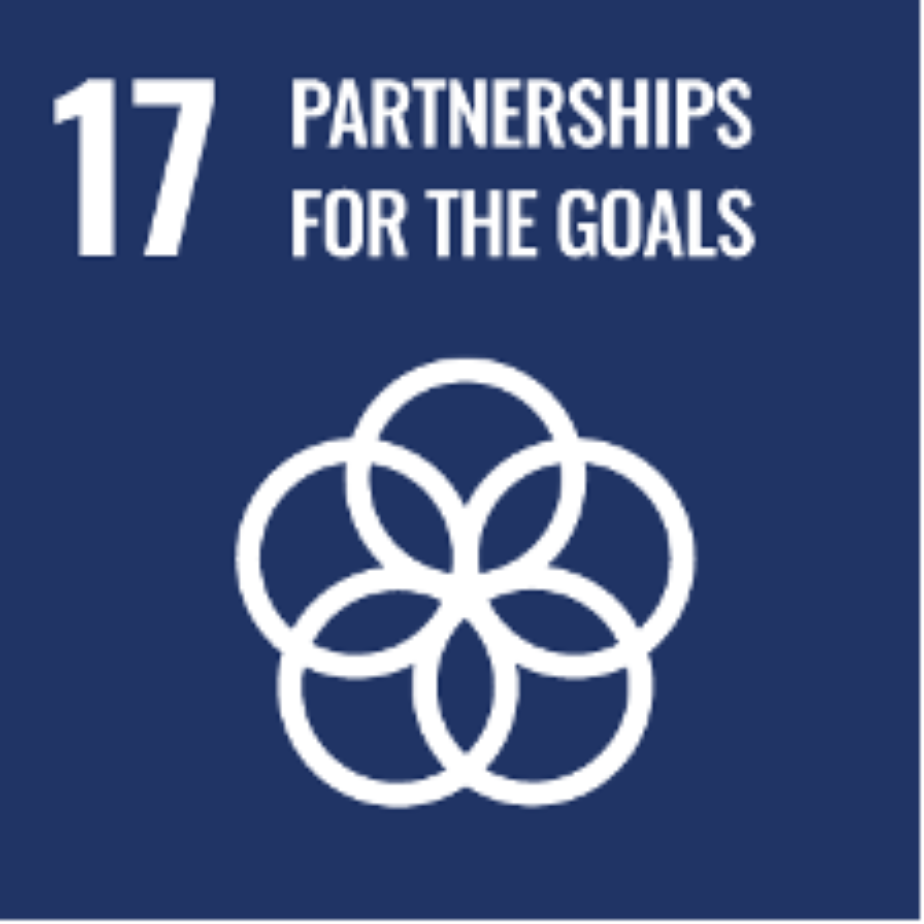
SDG 17 – Partnerships for the goals
Without partnership, there is no GSI. GSI’s unique ability to drive game-changing innovations across the farmed salmon industry have resulted in real, sustainable change for the sector and SDGs.
